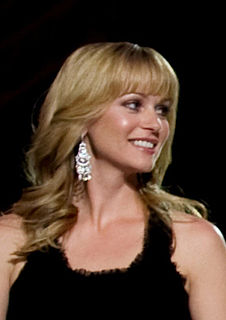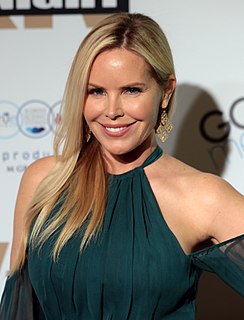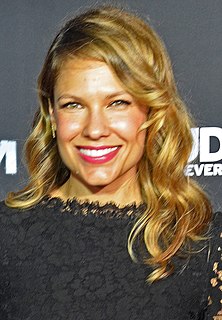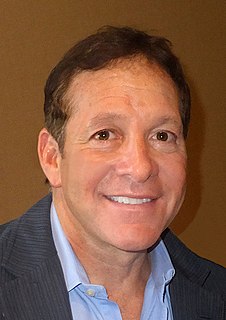A Quote by Gwyneth Paltrow
It's really hard to find things that are worth leaving them for. [Balancing work and motherhood is] really hard. One night in Nashville, my son was screaming with a terrible stomachache. I was like, 'I have to get out of here!' but we had to finish. My friend Jenno, a mother of three who was producing, was great, reminding me that nine times out of 10, they just have gas.
Related Quotes
You just have to work really hard and throw everything into it. ... It's really hard to be an artist, and even if you do work really hard, there's no guarantee about anything. There's no advice you can give someone that things will somehow work out, but you can talk to people about how they can make art a big part of their life.
Americans have a hard time writing moms. I'll get a script and everything's really great and well-drawn, but the mom is like stock footage, they go and get that out. They plug it in, this idea of "mother." You could lift moms out of any script, no matter what the culture, what the neighborhood, what the economic status, and you could switch them around, and they'd be the same person. I think it's because most people don't really have a human idea, a specific life that they attach to who their mother was. Their mother was there for them, so it either gets deified, or the opposite.
There was things just like not being able to date or - I'm talking like 15, 16 - like just certain things that my friends started to do. Like, they started to get phone calls from girls or like, you know, go and hang out 10, 11 at night, kind of going to the movies. There were just certain things that - it's not that I couldn't do all of those things. It's just that every choice was really deliberate and conscious and thought out and sort of balanced against the religion in a way where I felt - I wasn't necessarily trying to convert at 12 like [my mother] was.
I'm living in L.A., which is hard to get around. I live way out in the suburbs, it's hard for me to get to town. You get five minutes here, then you gotta drive a half hour to the next one. New York was so much easier for standup because you could hit five clubs in a night. Just jump in a cab, pop. Boom, boom, boom. And you could walk to some of 'em, and work out stuff on the way. You can really get some more traction out there. You could work new material easier out there, I thought.
Any kind of writing that's meaningful becomes hard work, so there were times when it would really flow, there were times when I'd get 10 pages a day, and then there were days when I would do three pages. Depends on the thickness of the material. If it's satisfying, it's hard, but it's pretty wonderful.
Like in comedy, you know the names of the people who steal things that others work really hard on. It really sucks. And, in magic, it's not just the hard work of getting the words and attitude and point of view right; you're taking an actual invention, making something over three or four years, and somebody can just take it.
The old saying of work hard, play hard really works for me. For me it's all about focus. To get the Fire Starter Sessions digital book out it was about three months of intense focus. I let my friends know that I probably wouldn't be hanging out of returning their phone calls. It wasn't about doing the dishes, I ordered a lot of pizza, and I just completely put myself in the creative bubble.




































